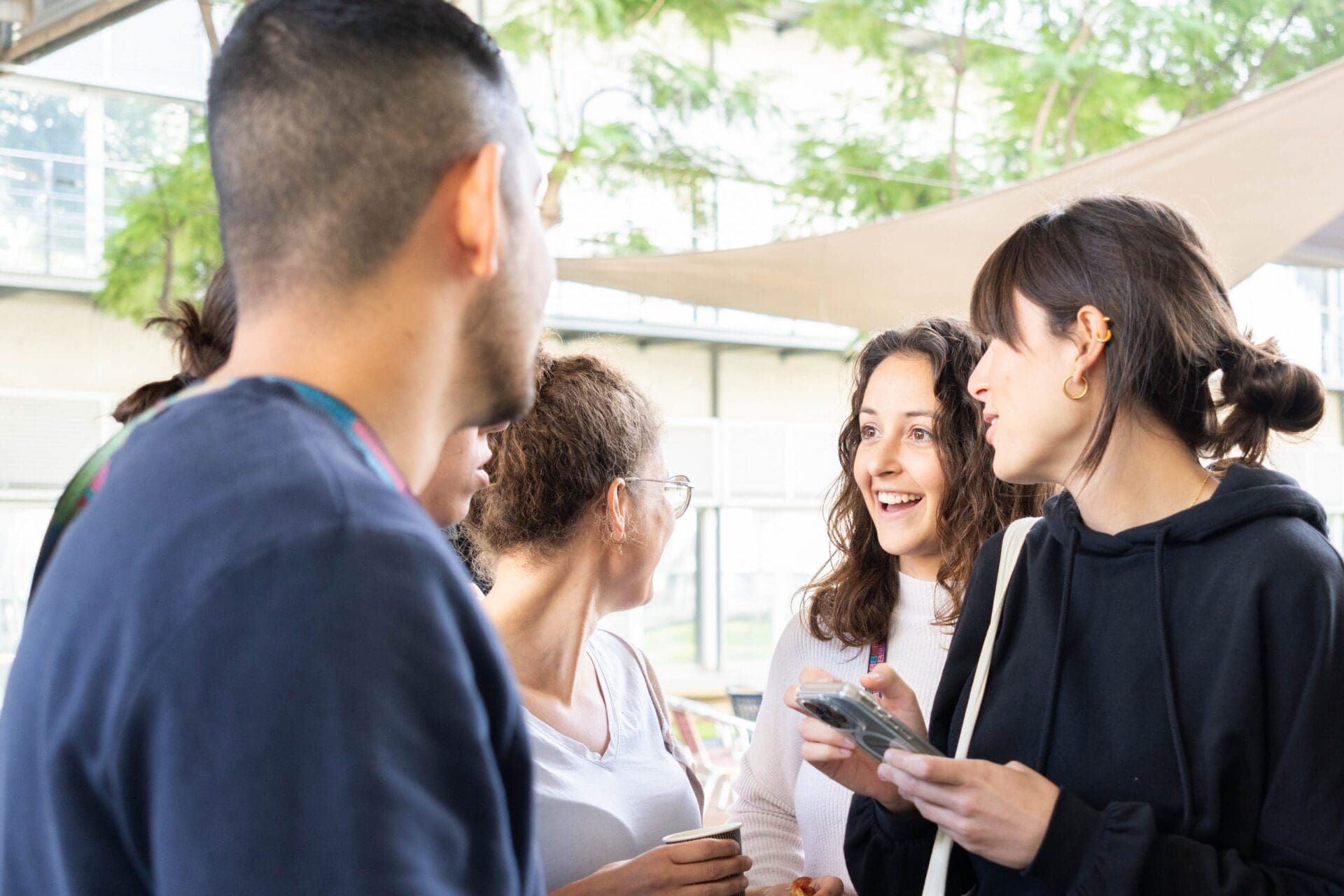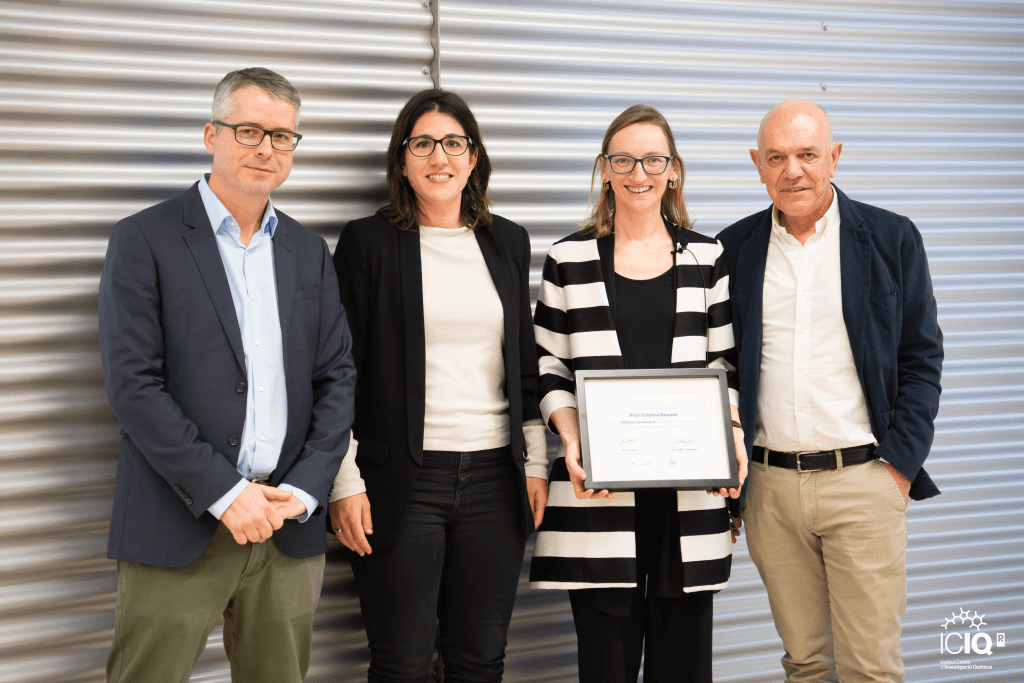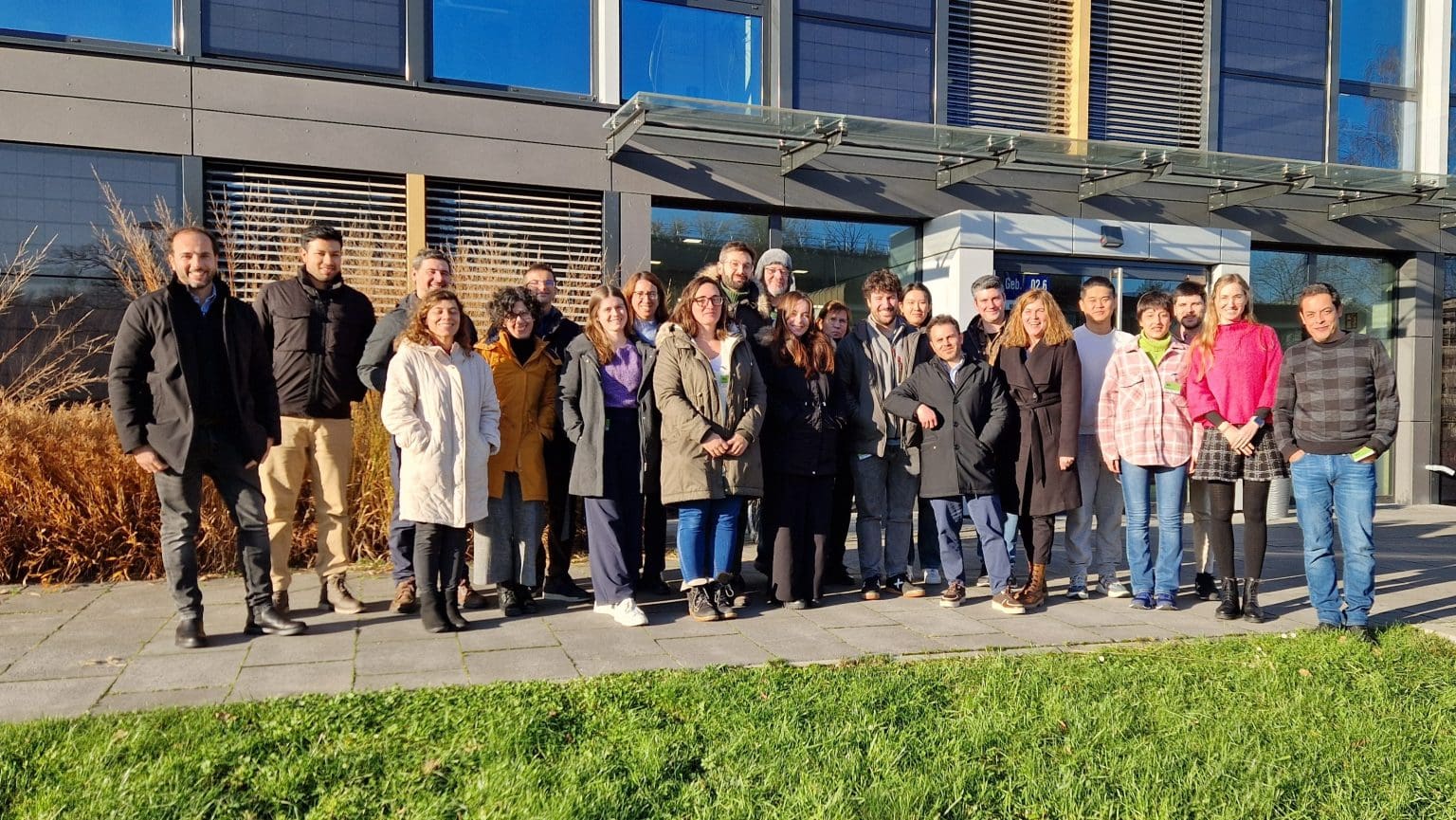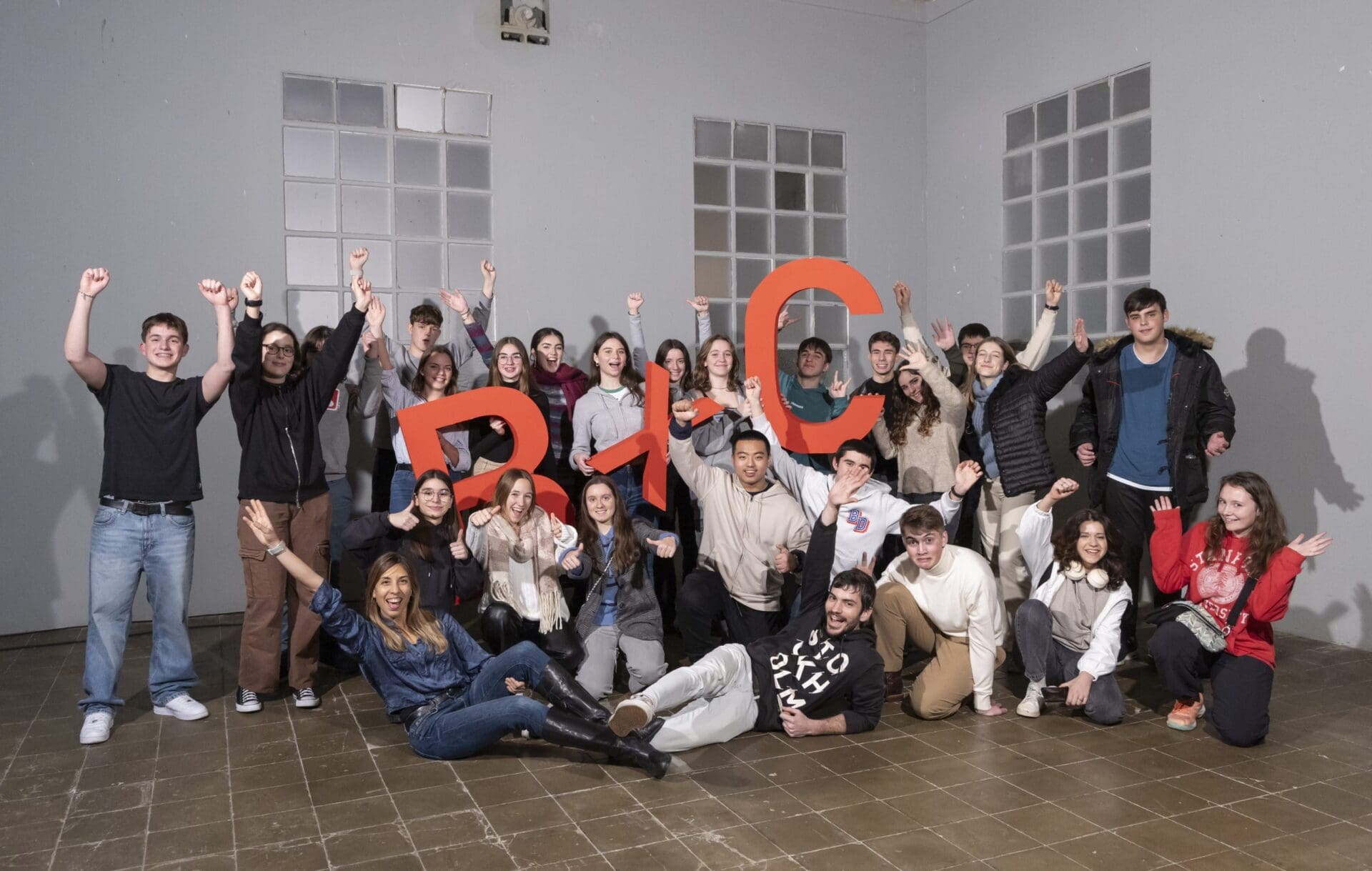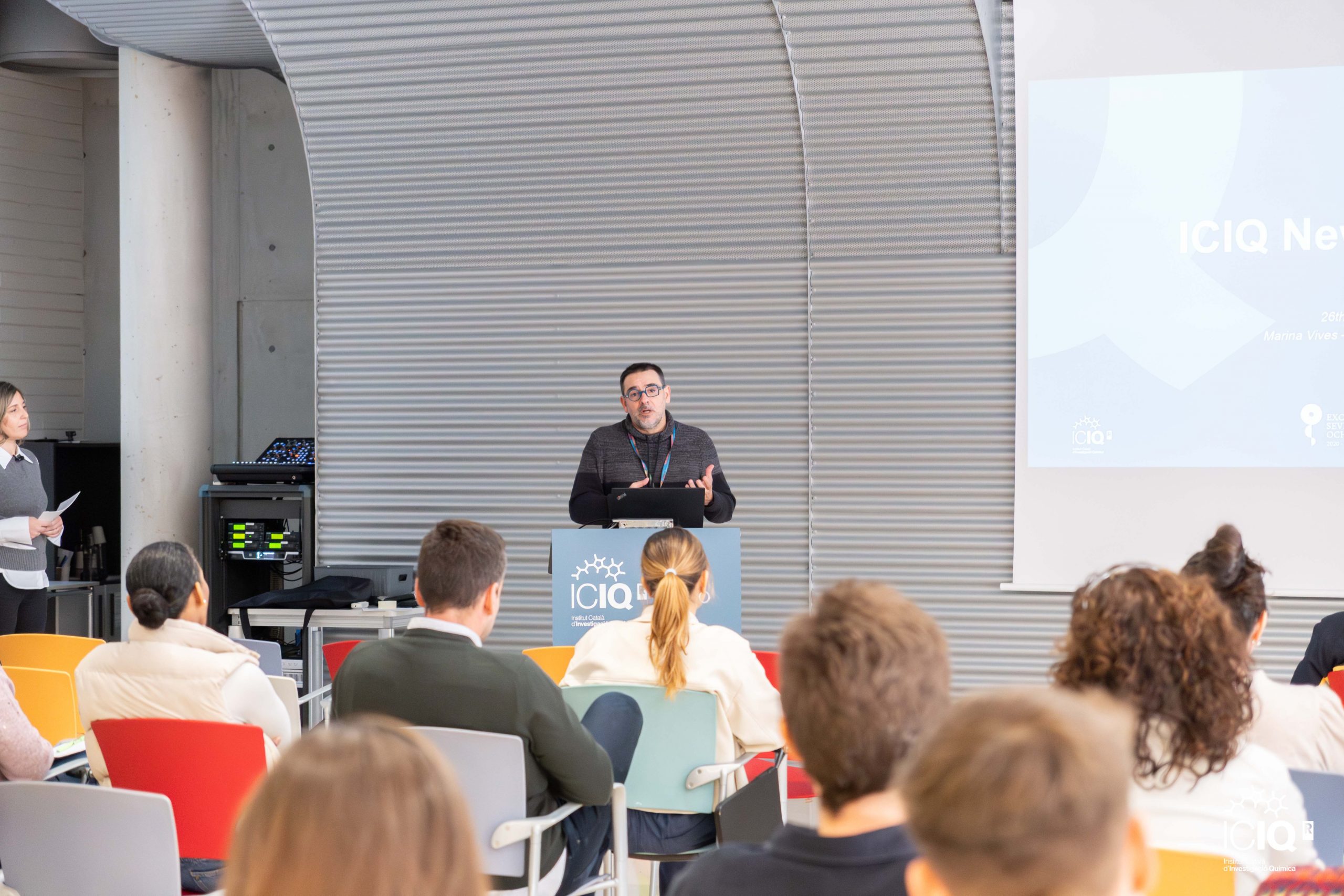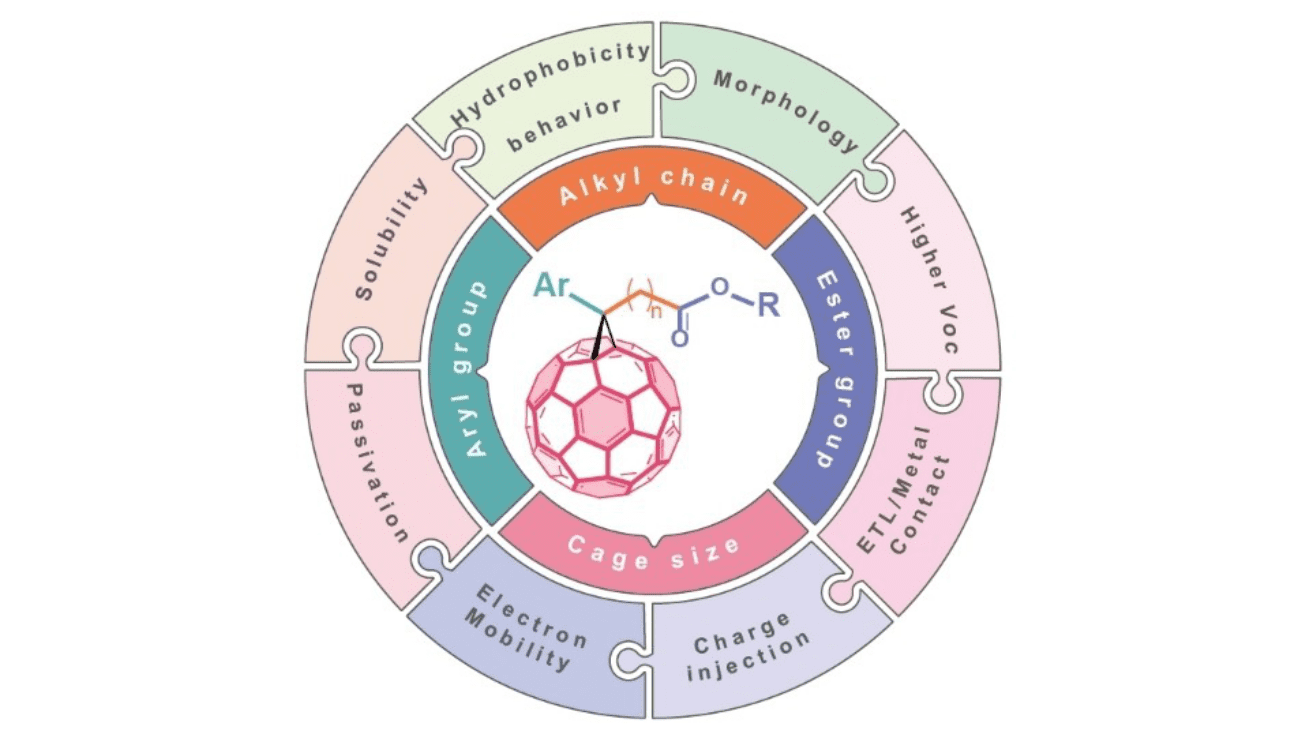Face to face with Anat Milo
 Anat Milo is a Senior Lecturer at the Chemistry Department of the Ben-Gurion University of the Negev. After obtaining her PhD from the Weizmann Institute of Science and a three-year stay as a Postdoctoral Research Associate at the University of Utah, she started her own group in 2015. The Milo group combines experimental, computational, and statistical strategies to predict chemical outcomes and improve the study of reaction mechanisms.
Anat Milo is a Senior Lecturer at the Chemistry Department of the Ben-Gurion University of the Negev. After obtaining her PhD from the Weizmann Institute of Science and a three-year stay as a Postdoctoral Research Associate at the University of Utah, she started her own group in 2015. The Milo group combines experimental, computational, and statistical strategies to predict chemical outcomes and improve the study of reaction mechanisms.
How did you decide to become a scientist?
I thought I’d be a historian. I studied a bit of chemistry in high-school and found it easy, so I thought I’d never study that: I wanted to study things that were more sophisticated. There’s compulsory military service in Israel after high school. After the service, most people want a break, and I felt the same way. But my mother said “Fine, I’m going to enroll you to university myself, in medical school” and I told her “Do whatever you want I’m not going to study.” Based on the application she submitted, I was contacted to enroll in an interdisciplinary humanities honors programme, and after an interview, I was accepted. It occurred to me I was interested in this programme, so that summer I changed my mind many times about what to study in combination with humanities. At the end, I thought chemistry was interesting and the scientists had funny names, so why not study it.
In hindsight, I was probably supposed to study chemistry all along – chemistry was easy for me not because it is easy, but because it’s something that I connected to early on. Throughout my bachelor’s degree, I still thought I’d eventually leave and study philosophy or history. But slowly, I started realizing chemistry contains all of the things that interested me, writing, history and philosophical questions, plus you get a very deep understanding of the world. When I look back, I understand there was a clear narrative to my choice, but when I was making those decisions, I didn’t see it that way.
What’s your goal as a scientist?
I have many goals, but they are all connected by the fundamental understanding of how things work. My group does a lot of mechanistic studies to understand how reactions work and use that knowledge to develop new reactivities. To me, the goal of a scientist is not to be right all the time, but to be less wrong over time.
What do you enjoy the most about your job?
We have the best job ever, so that’s a tough question! On a daily basis I love the interaction with the students in my lab: they have new ways of thinking about chemistry, so talking to them makes you see things differently – those are really fun moments. I also enjoy the early stages of formulating a hypothesis, suddenly it all clicks and you start to understand something that was in the back of your mind bugging you for a long time. In the end though, it’s the data that tells you what’s really going on.
Which are the greatest achievements in your career so far? What´s next?
I hope I haven’t achieved my greatest achievement yet – otherwise work would be boring! In recent years I was involved in discovering some new ways of looking at molecules, so those were exciting times. I’ve thought about what the next achievement would be, but in view of past experiences, if I know now what it is, it’s probably not going to be that exciting! So, hopefully, I’ll have an answer next time we meet.
Could you give a piece of advice to young researchers who want to become excellent researchers in their fields?
It’s all about grit, not giving up. There are going to be difficulties along the way to discover interesting things. You need to be ok with the difficulty and have a support system in your group. Mentors should tell you it’s ok to be in doubt because that’s how you find unknown stuff. Before you reach anything really exciting and unknown, you’re going to feel uncomfortable – and that’s ok! You should feel comfortable feeling uncomfortable.
Could you tell me about a funny anecdote that happened in your lab/career?
My students told me something that made me really happy about the group. The background is that I’m known to be a bit of an accuracy stickler – I’m sure my students would use another word. Anyhow, one of my students was weighing a compound and found himself stopping and weighing very small amounts to get an accurate second digit. He then stopped and looked at a lab mate asking “What happened to me, what am I doing?” and the other student says, “Don’t worry, it’s the Anat effect.” That was a very happy moment for me! If I’m not doing anything else right, at least I taught them to be super accurate.
We see many women studying chemistry at University including at PhD level; however, we do not see that many women working as researchers or academics. What are you doing to change it?
Action is definitively needed to bridge this gap. On a personal level, I talk to students and encourage them to push forward, tell them how important it is to continue and how enriching and fun this career is. But anything we do individually won’t be enough: it has to be a cultural change. And this cultural change needs to come from the whole community, it’s not about women or students changing things, but the whole culture realizing how to support – not just women, but –anyone who stops at the PhD level due to problems they are facing that don’t allow them to continue. In order to really change this situation, we need to provide a good support system for anyone who needs it.
What do you do in your spare time (if you have any)?
I used to climb, but I broke my leg and kind of stopped doing that. During the last group retreat we discussed how I should get into a new sport, meanwhile I’ve been reading whenever I find time. But spare time fluctuates and changes, and that’s fine.
If I went to Beersheba, what should I visit?
Obviously, the university. But the biggest attraction is the desert surrounding the city. Beersheba is the capital of southern Israel, the capital of the desert. The moment you get out of the city, you have all these hiking areas, especially during winter, when the weather is very nice.
ICIQ QUESTIONNAIRE
A chemical element: Boron
Favourite scientist: Ada Lovelace, the first programmer
Your favourite invention: a dishwasher, it’s such an amazing invention. Well, anything that helps you clean is just great
If you had not been scientist… a historian
Favourite destination: home!
A book: A theory of cognitive dissonance
A movie: Big Lebowski, it’s a classic
A dream: peace, although it shouldn’t be a dream… should be a goal. So, sustainability, which I think is an achievable dream, and something everyone can contribute to.
Science is… awesome!
Related news

Let's create a brighter future
Join our team to work with renowned researchers, tackle groundbreaking
projects and contribute to meaningful scientific advancements
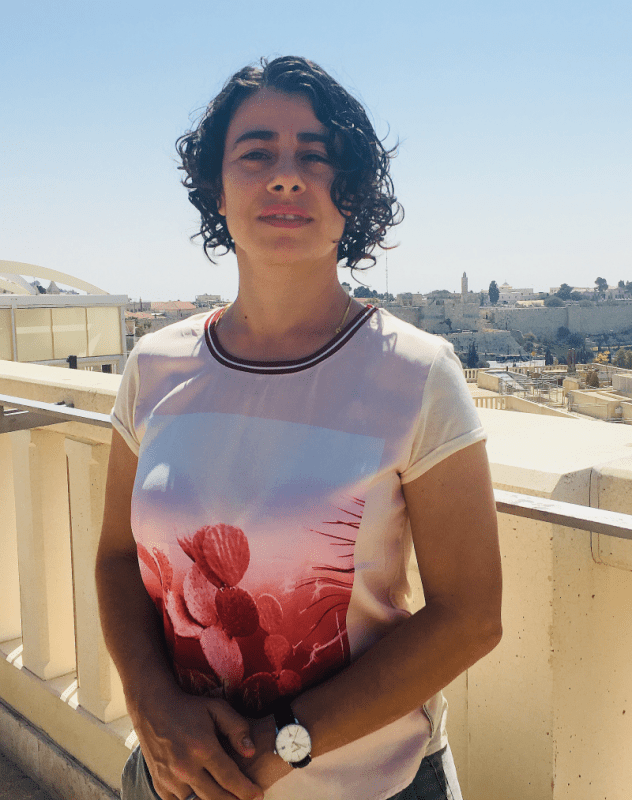






 11-12-2024
11-12-2024 